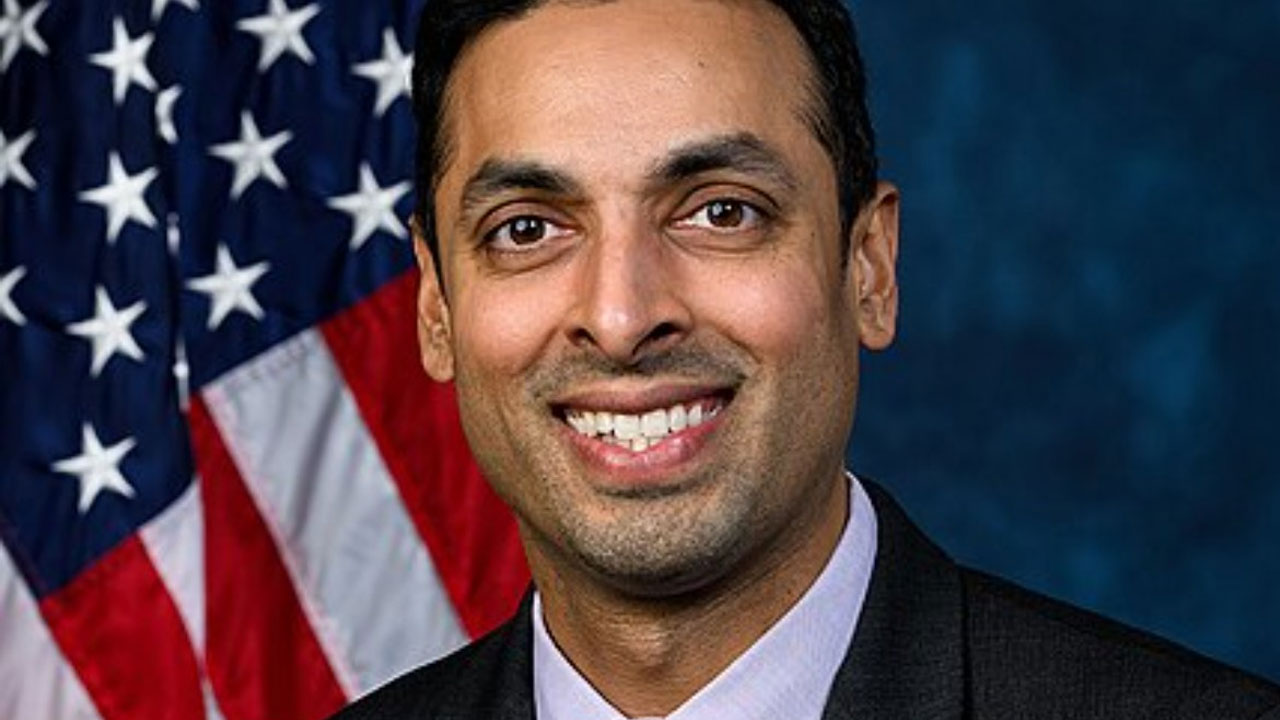
Virginia State Senator Suhas Subramanyam has expressed deep sorrow over the devastating mid-air collision near Ronald Reagan Washington National Airport (DCA), emphasizing the profound impact on the community. In response, he has compiled a list of federal and local mental health resources to aid those affected by the tragedy.
Community in Mourning
"The DCA tragedy has deeply affected our community, especially the families and friends of those we lost," Subramanyam stated in a post on X (formerly Twitter), highlighting the emotional toll of the disaster.
The fatal collision occurred on the night of January 29, involving an American Airlines passenger plane carrying 64 people and a U.S. Army Black Hawk helicopter with three soldiers onboard. The crash into the Potomac River resulted in significant loss of life, including two individuals of Indian origin. The incident has left the community in shock, grappling with grief and uncertainty.
Mobilizing Mental Health Support
Emergency responders, federal agencies, and organizations such as the Substance Abuse and Mental Health Services Administration (SAMHSA) and the American Red Cross have stepped in to provide crucial support. Their efforts aim to assist survivors, families of victims, first responders, and the wider community struggling with the psychological impact of the catastrophe.
Mental Health Resources for Coping
To help those navigating the emotional aftermath, Subramanyam has shared access to SAMHSA’s disaster recovery materials, which include:
- Coping with Grief and Anger: Guidance on understanding emotional reactions and effective coping mechanisms.
- Managing Stress Post-Disaster: Resources to identify symptoms of stress and seek professional help.
- Psychological First Aid (PFA): A toolkit designed for caregivers, educators, and adults assisting children through trauma.
- Be Red Cross Ready: A multi-language guide promoting emotional resilience in times of crisis.
For children, youth, and caregivers, SAMHSA, along with the National Child Traumatic Stress Network (NCTSN), offers specialized support. These resources include fact sheets on how children process grief, strategies for parents and educators to provide reassurance, and an extensive portal for disaster survivors.
Support for First Responders
First responders, who played a critical role in the emergency response, also have access to mental health resources tailored to their needs:
- Stress Management for Disaster Responders: A SAMHSA guide addressing the unique mental health challenges faced by emergency personnel.
- Substance Use Support: Information on recognizing and addressing substance-related issues triggered by stress.
- SAMHSA’s Behavioral Health Disaster Response App: A mobile tool offering mental health and substance use support for responders.
Crisis Helplines
Individuals in need of immediate mental health assistance can reach out to the following helplines:
SAMHSA Disaster Distress Helpline: 1-800-985-5990 (available 24/7 with multilingual support).
988 Suicide and Crisis Lifeline: Call 988 for confidential mental health assistance.
Local Community Support
Loudoun County Public Schools is extending support to students and families impacted by the tragedy. Those seeking assistance can email SMHSleadershipteam@lcps.org, with a response expected within 24 hours. Additionally, the AllOne Health Employee Assistance Program (EAP) offers free and confidential mental health services for staff, accessible 24/7 at 1-800-327-7272.
As investigations into the collision continue, community leaders stress the importance of prioritizing emotional well-being. By proactively sharing available mental health resources, Subramanyam underscores the need for collective healing and resilience in the wake of this tragic event.





















